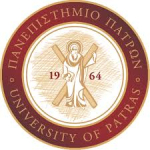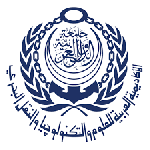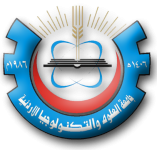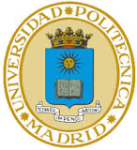ABOUT US




MED Food TTHubs is a PRIMA project that seeks to support the implementation of full-path tracing practices through the whole distribution channel from seed to shelf in order to achieve safer and more sustainable Mediterranean food products for people all around the world. Aiming to implement full transparency concerning the traceability and authenticity in the food supply sector, MED Food TTHubs taps into cutting edge technologies and “Internet of Things” (IoT) solutions and builds on standardised approaches to food production processes and location identification, transparent monitoring procedures and innovative business partnerships. Therefore, MED Food TTHubs establishes and operates seven pilot Trace & Trust Hubs forming a transnational network playing the role of a one-stop-shop for traceability and authenticity for “added value” Mediterranean food products.


















